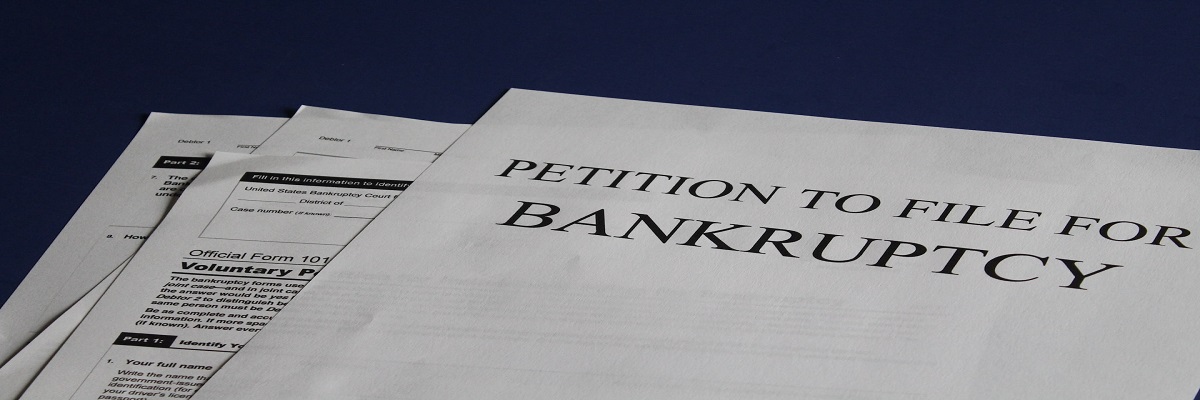Call: 888-297-6203
The bankruptcy discharge clears the slate. A debt is rendered permanently unenforceable by a court decision known as a bankruptcy discharge. A discharged debt no longer has any effect on the debtor personally.
Discharge is final.
Actually, the bankruptcy discharge imposes restrictions on some activities taken by creditors. It has an impact on obligations incurred prior to filing for bankruptcy. The automatic stay that is put into effect when a bankruptcy case is filed is replaced by the discharge injunction.
The discharge injunction stops the creditor from starting or continuing any legal action against the debtor to collect a discharged debt. After the discharge, any judgement rendered before the bankruptcy was filed is invalid. Any responsibility arising from circumstances before to filing is also covered by the discharge as long as the affected creditor, or potential creditor, was given notice of the bankruptcy. This includes debts that were liquidated as of the case’s filing as well as those that were not.
Example: Even if there hasn’t been a trial in relation to the accident, the debtor’s obligation for a car accident for which he was at fault is dismissed. Additionally, the debtor’s obligation to guarantee someone else’s debt before filing the petition is released.
Personal culpability is discharged
The debtor’s personal accountability for the loan is discharged. A creditor with a judgement may employ legal procedures, such as levy and garnishment, to seize your non-exempt assets and income if you are personally liable for a debt.
Encumbrances endure bankruptcy.
Despite the fact that personal liability is eliminated, the majority of liens—the responsibility of a piece of property for a debt it is used to secure—are unaffected by bankruptcy.
The lien is still in place, but personal accountability has ended. Therefore, even after a bankruptcy discharge, a lien may still be placed on property that the debtor held at the time the case was filed. However, any assets that the debtor obtains after filing for bankruptcy cannot be subject to tax liens or judgement liens connected to debts that have been discharged.
Any shortfall between the value of the property with a lien and the initial debt cannot be made up by the lien holder looking to a debtor who has received a discharge. Any obligation to pay the loan in excess of the value of the collateral was discharged.
Illustrations
Even after bankruptcy, a home equity loan still has a claim on the real estate. Since the discharge has removed the borrower’s personal accountability for the loan, the lender cannot file a lawsuit against the discharged debtor to try and collect the debt out of current earnings.
However, the lien on the property pledged may be foreclosed by the creditor. Assets possessed before to the bankruptcy filing may still be subject to a judgement lien, but assets purchased after the bankruptcy is filed are not covered.
Debts are not forgiven
Obviously, the topic of dischargeable debts is central to the entire issue. Certain debts cannot be discharged in bankruptcy. The bankruptcy discharge has no effect on nondischargeable debts; they continue to be valid in the same way they were before the bankruptcy. The debtor is still personally liable.
If you live in or near Los Angeles or Texas, Recovery Law Group is a reputable company that can assist you with all of your bankruptcy-related problems. You can reach them by calling (888) 297-6203 or visiting their website at https://recoverylawgroup.com/bankruptcy/

